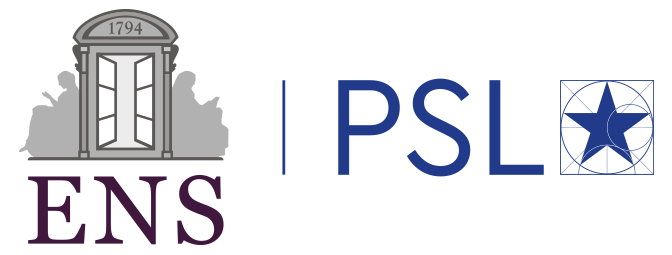Domaines
Physics of living systems
Type of internship
Expérimental Description
Directed collective cell migration is central to morphogenesis, wound healing and cancer progression. The molecular anisotropy of the microenvironment can guide this migration in vivo via extra cellular matrix (ECM) deposition. On microgrooved substrates, anisotropic friction elicits a polar mode of collective migration in bidirectional wide “lanes”.
Here, we question the behavior of the cells on surfaces that are not only anisotropic but also asymmetric. Using ratchet-like substrates that break the left-right symmetry, we expect a non-zero component the cells’ velocity in the direction perpendicular to the grooves. Such a displacement has indeed been recently observed in preliminary experiments.
A better understanding of this phenomenon requires a reliable mapping of the trajectories of all cells to quantitatively characterize the impact of cell-cell transient interactions (e.g. contacts and reorientations) in space and time. This is notoriously difficult in dense monolayers because of practical limitations (cells divide, die, they can be too close to be discernable, etc..). Here, we propose to adapt a new deep neural network architecture for 2D tracking that includes temporal information (ongoing, collaboration Laboratoire Jean Perrin). Quantities based on a statistical analysis of these trajectories on different geometries (flat, anisotropic but symmetric, anisotropic and asymmetric) will then be correlated to the rectification process to pinpoint its origin.
Contact
Pascal Silberzan
